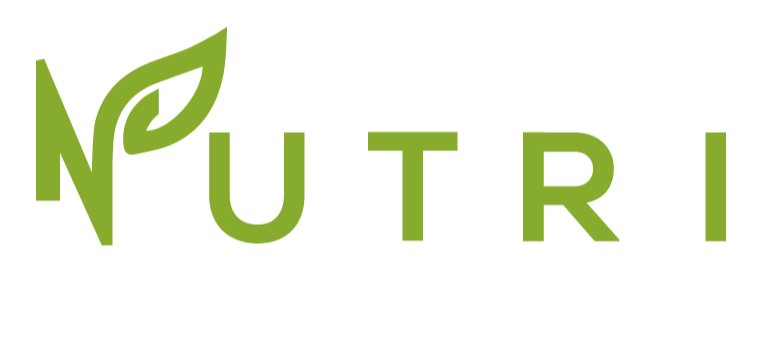
Cancer and nutrition
Cancer is a disease that affects millions of people worldwide every year. It can be a devastating diagnosis for patients and their families, but with the right treatment and support, many cancer patients are able to beat the disease and go on to live full, healthy lives. One important aspect of cancer treatment and recovery is nutrition. In this blog, we will explore how nutrition can help cancer patients and provide some tips for maintaining a healthy diet during cancer treatment.
The Role of Nutrition in Cancer Treatment
Nutrition is important for everyone, but it is especially important for cancer patients. Proper nutrition can help cancer patients in a number of ways, including:
- Maintaining strength and energy: Cancer treatments such as chemotherapy and radiation can be physically taxing, causing fatigue and weakness. A healthy, balanced diet can help cancer patients maintain their strength and energy levels, making it easier to cope with the physical demands of treatment.
- Boosting the immune system: Cancer treatment can weaken the immune system, making patients more vulnerable to infections and other complications. Proper nutrition can help boost the immune system, making it easier for patients to fight off illness and infection.
- Managing side effects: Cancer treatment can cause a variety of side effects such as nausea, vomiting, and diarrhea. A healthy diet can help manage these side effects, making treatment more tolerable for patients.
- Supporting recovery: Proper nutrition is essential for the body’s recovery process. A healthy diet can help cancer patients heal and recover more quickly from treatment.
Tips for Maintaining a Healthy Diet during Cancer Treatment
- Maintaining a healthy diet during cancer treatment can be challenging, but it is essential for a patient’s overall health and well-being. Here are some tips for cancer patients who want to maintain a healthy diet during treatment:
- Eat a balanced diet: A balanced diet is essential for everyone, but it is especially important for cancer patients. A balanced diet should include plenty of fruits and vegetables, lean protein sources, whole grains, and healthy fats.
- Stay hydrated: It is important for cancer patients to stay hydrated, especially during treatment. Drinking plenty of water and other fluids can help prevent dehydration and manage side effects such as nausea and vomiting.
- Choose nutrient-rich foods: Cancer patients should focus on choosing nutrient-rich foods that are high in vitamins, minerals, and antioxidants. Examples include leafy greens, berries, nuts, and lean protein sources.
- Avoid processed foods: Processed foods are often high in unhealthy fats, sodium, and sugar, which can be harmful to cancer patients. Instead, focus on whole, unprocessed foods.
- Avoid high sugar consumption: Sugars promotes inflammation which can damage cells and DNA, and can promote the growth and spread of cancer cells. Increases insulin production to a high levels in the body can promote the growth of cancer cells. Some cancers are known to be fueled by insulin, including breast, prostate, and colon cancers. Eating a diet high in sugar can suppress the immune system, making it harder for the body to fight off cancer cells and other harmful pathogens.
- Work with a nutritionist: Cancer patients may benefit from working with a nutritionist who can provide personalized dietary advice and help them develop a healthy eating plan.
In conclusion, proper nutrition is an essential component of cancer treatment and recovery. By eating a healthy, balanced diet, cancer patients can maintain their strength and energy levels, boost their immune system, manage side effects, and support their body’s recovery process. If you or a loved one is undergoing cancer treatment, be sure to speak with your doctor or a nutritionist to develop a healthy eating plan that meets your unique needs and goals.



